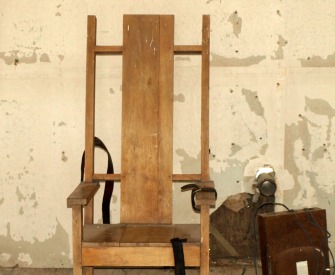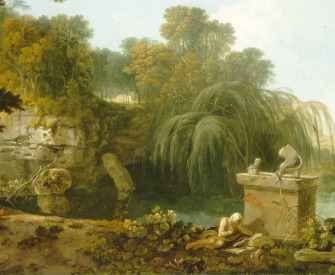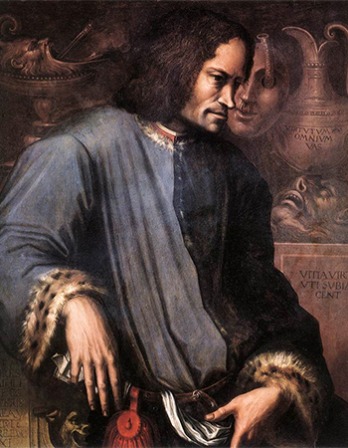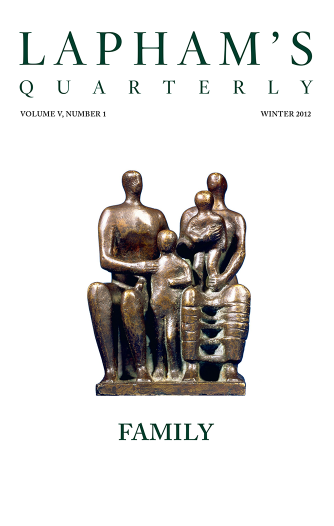I, your Flaccus, in accordance with your exhortation and will, do my utmost in the buildings of St. Martin’s to provide some with the honey of Holy Scripture, to intoxicate others with the old wine of ancient studies, to feed others with the apples of grammatical subtlety, and to enlighten still others with the marshaling of the stars—which suggests the work of a painter who seeks to beautify for some patron the vaulting of an edifice. Thus I am made many things to many men, that I may train up many to the advancement of the Holy Church of God and to the adornment of your imperial reign, lest the grace of almighty God bestowed upon me, and the bounty of your goodness, be in vain. In some measure, however, I, your servant, lack the choicer books of scholarly erudition which I had in my own country through the devoted industry of my teacher, and even by my own slighter exertions. I say these things to Your Excellency to the end that, if perchance it should please your intent, so desirous of all wisdom, I may be permitted to send over some of our young men to obtain everything we need, and bring back into France the flowers of Britain. In this way not only will York be a garden enclosed, but Tours will have its outflowings of paradise and its pleasant fruits, so that the south wind may come and blow upon the gardens of the Loire, and the spices thereof may flow out.
As far as my moderate abilities will permit, I will not be slothful in sowing the seeds of wisdom among your servants in these parts, being mindful of the sentence, “In the morning sow thy seed, and in the evening withhold not thy hand, for thou knowest not whether shall prosper, either this or that, or whether they both shall be alike good.” In the morning, when my studies because of my time of life were flourishing, I sowed in Britain; now, as my blood grows chill in the evening of my days, I cease not to sow in France, hoping that both, by the grace of God, may spring up.
From a letter to Charlemagne. Between advising Charlemagne and establishing the study of the seven liberal arts, the English churchman promoted the Carolingian minuscule, a script that survives as the basis of uppercase and lowercase type.
Back to Issue





